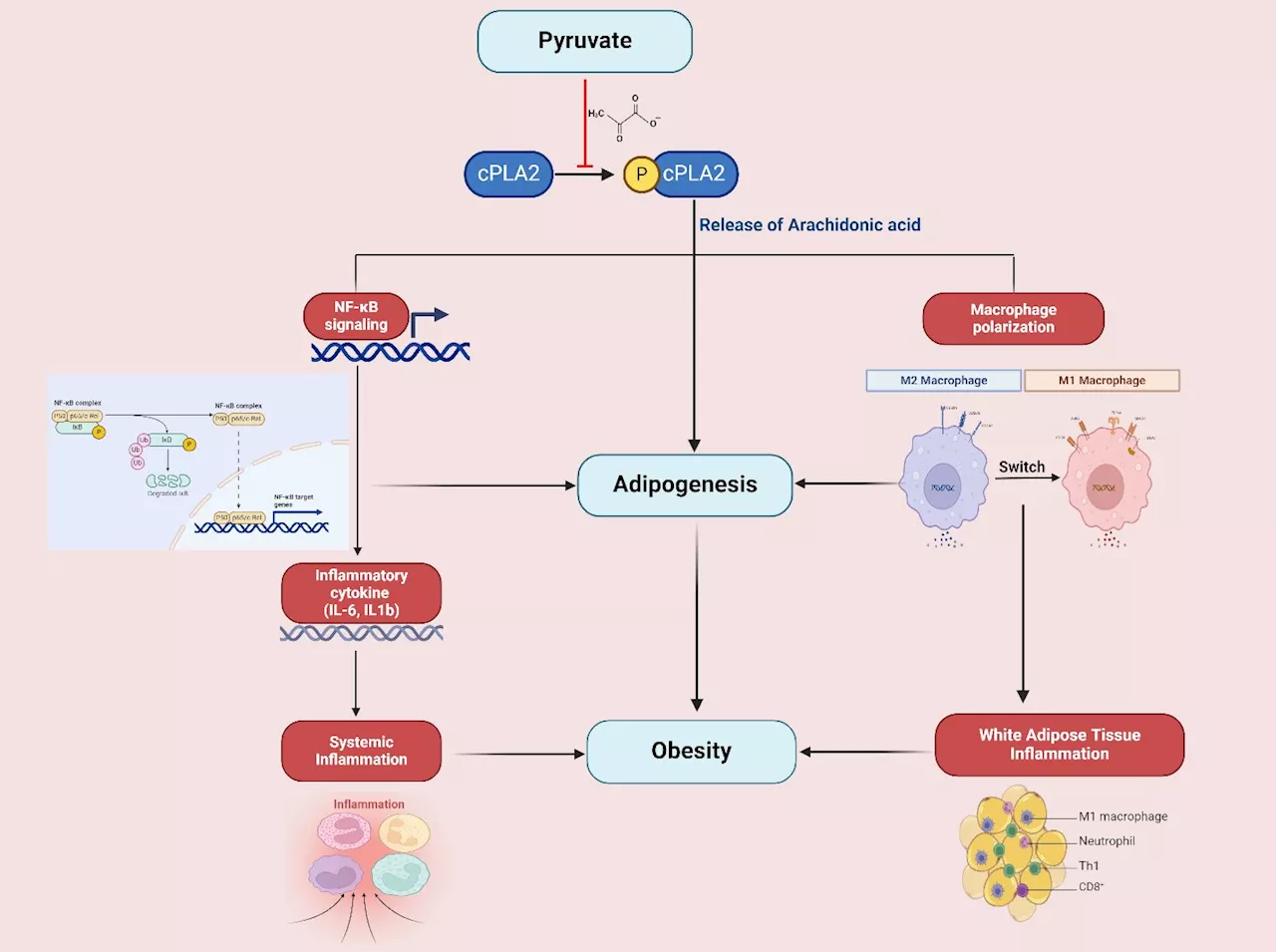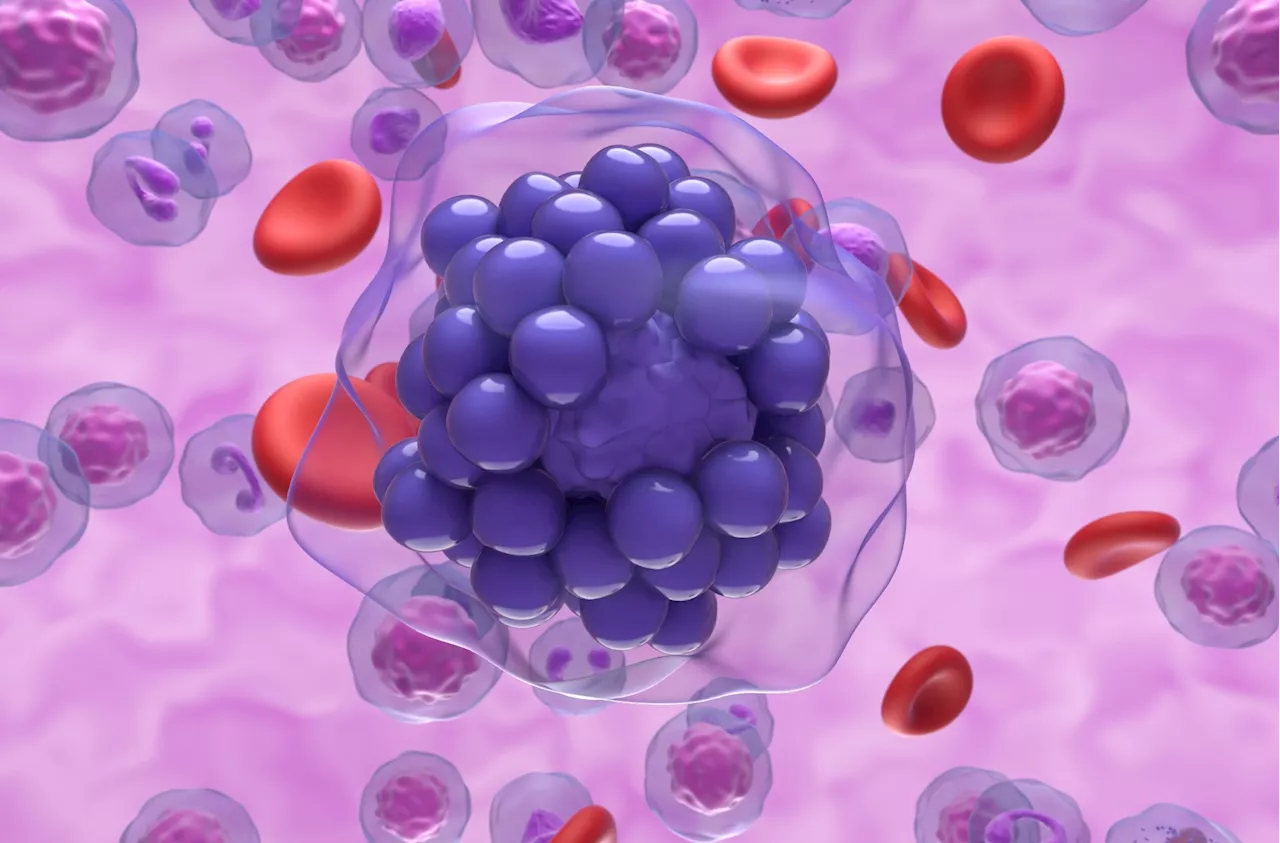Researchers find that the deletion of Gα13 in B-cells increases lymphoma risk by enhancing proliferation in gut-associated lymph nodes. Dietary glutamine significantly promotes these effects, highlighting a crucial link between diet and cancer.
By Pooja Toshniwal PahariaReviewed by Benedette Cuffari, M.Sc.Jul 29 2024 In a recent study published in the journal Nature Immunology , researchers investigate the effects of microenvironment signals on selection in mucosal germinal centers and their role in the development of B-cell lymphomas.
Chronic GCs can develop due to influences from the gut microbiota and nutrition. However, it remains unclear what specific dietary factors are involved in mucosal GCs. Cellular signaling pathways mediated by Gα13 lead to reduced cellular migration, which subsequently confines GCBs to B-cell niches such as the bone marrow, secondary lymphoid organs, GCs, and peripheral tissues. Gα13 activity can also prevent the accumulation of B-cells in GCs, which may be mediated by the inhibition of phosphatidylinositol-3 kinase /protein kinase B .
Gna13f/f mice were crossbred with those possessing GC-specific tamoxifen-inducible fate reporter alleles to investigate whether Gα13 loss resulted in an increased mutational burden due to the sustained residence of Gα13-deficient clones in the mesenteric lymph node germinal centers. The researchers evaluated the mechanistic target of rapamycin complex 1 signaling in Gα13-deficient cells, depleted cluster of differentiation 4-expressing cells, and intestinal lymph-derived molecules. They also measured mLN GCB counts and Myc proto-oncogene expression in control and Gα13 knockout bone marrow chimeras. They also examined the role of glutamine transport proteins in the depletion of Gα13 in mLN GCBs.
Gα13-deficient GCBs appear to have a competitive advantage, as they can successfully grow in mLNs without T-cell support or influence from the gut microbiome. Loss of Gα13-mediated inhibitory signaling on mTORC1 signaling and Myc expression may enhance T-cell-independent refueling of Gα13-deficient GCBs, thus leading to competitive proliferation and clonal persistence in the GC state.
Glutamine Lymphoma Antigen Bone Bone Marrow Chronic Genetic Immunology Kinase Lymph Node Lymph Nodes Nutrition Oncogene Proliferation Protein Rapamycin Receptor Research T-Cell
United Kingdom Latest News, United Kingdom Headlines
Similar News:You can also read news stories similar to this one that we have collected from other news sources.
 Biomarkers of food intake: The key to precision nutritionResearchers examine the potential utility of biomarkers of food intake on objective and accurate dietary assessments.
Biomarkers of food intake: The key to precision nutritionResearchers examine the potential utility of biomarkers of food intake on objective and accurate dietary assessments.
Read more »
 Greater adherence to EAT-Lancet diet linked to lower depression and anxiety riskResearchers determined the association between EAT-lancet dietary adherence and incident anxiety and depression.
Greater adherence to EAT-Lancet diet linked to lower depression and anxiety riskResearchers determined the association between EAT-lancet dietary adherence and incident anxiety and depression.
Read more »
 Study links improved dietary fat quality to reduced cardiovascular and diabetes riskThe impact of dietary fat quality on lipid metabolites and its association with reduced cardiometabolic disease risk.
Study links improved dietary fat quality to reduced cardiovascular and diabetes riskThe impact of dietary fat quality on lipid metabolites and its association with reduced cardiometabolic disease risk.
Read more »
 Total dietary quality score improved for U.S. children during 2005 to 2020, study showsTotal dietary scores improved for U.S. children during 2005 to 2020, with increases for all diet adequacy components, apart from dairy, according to a research letter published online July 8 in JAMA Pediatrics.
Total dietary quality score improved for U.S. children during 2005 to 2020, study showsTotal dietary scores improved for U.S. children during 2005 to 2020, with increases for all diet adequacy components, apart from dairy, according to a research letter published online July 8 in JAMA Pediatrics.
Read more »
 Dietary pyruvate targets cytosolic phospholipase A2 to mitigate inflammation and obesity in miceAn article in Protein & Cell discusses the multifactorial nature of obesity, highlighting its association with chronic low-grade inflammation, or meta-inflammation, which contributes to metabolic disorders. The paper is titled 'Dietary pyruvate targets cytosolic phospholipase A2 to mitigate inflammation and obesity in mice.
Dietary pyruvate targets cytosolic phospholipase A2 to mitigate inflammation and obesity in miceAn article in Protein & Cell discusses the multifactorial nature of obesity, highlighting its association with chronic low-grade inflammation, or meta-inflammation, which contributes to metabolic disorders. The paper is titled 'Dietary pyruvate targets cytosolic phospholipase A2 to mitigate inflammation and obesity in mice.
Read more »
 Research highlights importance of dietary education to combat rising childhood obesity ratesThe artificial sweetener content of children's commonly consumed food products.
Research highlights importance of dietary education to combat rising childhood obesity ratesThe artificial sweetener content of children's commonly consumed food products.
Read more »
